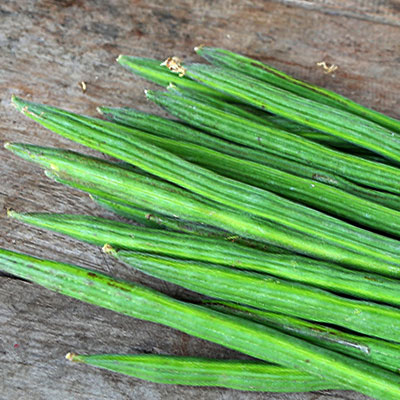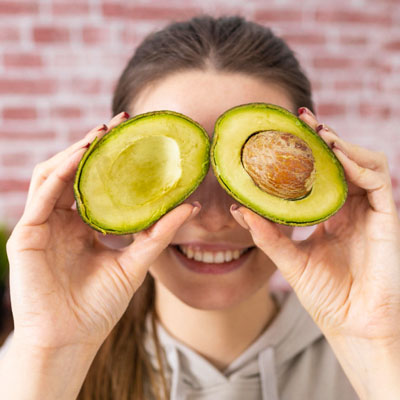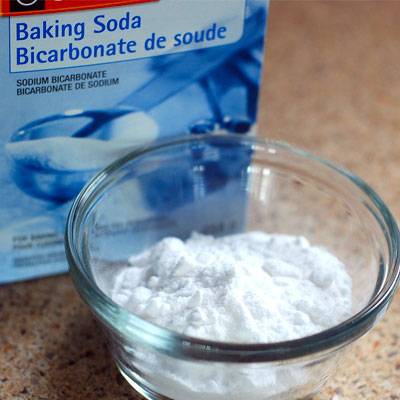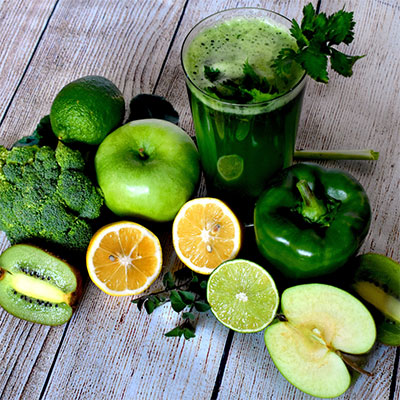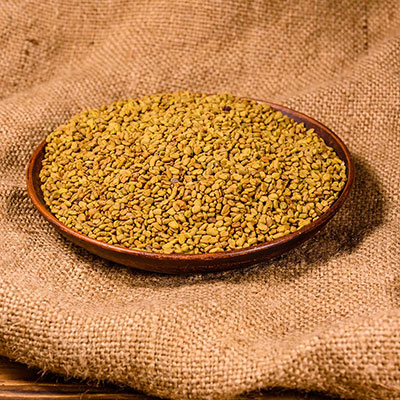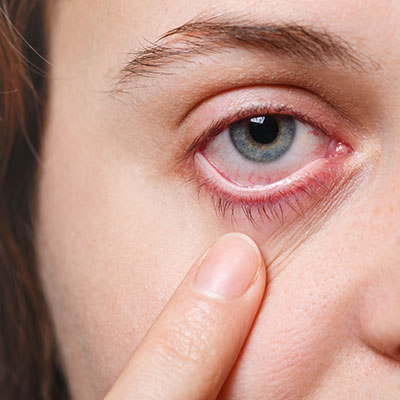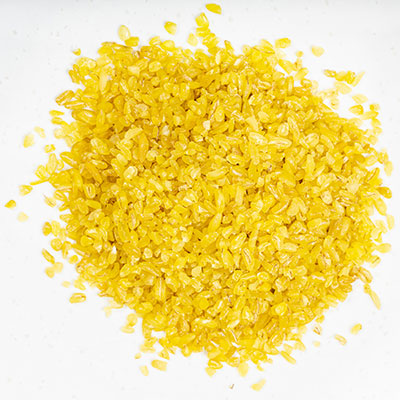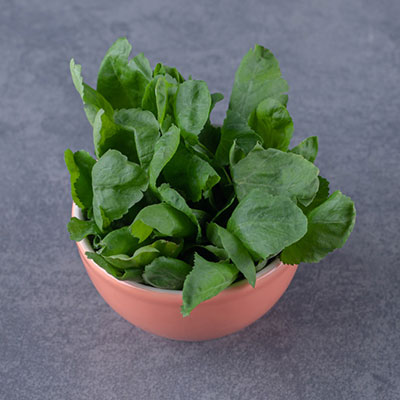The major reason for acid reflux is the backward movement of the acids produced in the stomach into the esophagus. This is a common occurrence that affects nearly thirty percent of people worldwide. But if left untreated, it can lead to severe complications, like gastroesophageal reflux disease or GERD disease.
This condition happens due to the damage in the lower esophageal sphincter that makes it incapable to close and prevent food present in the stomach to move into the esophagus. The key to control this disease is to eat the right foods and live a healthy lifestyle. In this article, we will tell you how to design a healthy GERD diet to treat GERD disease.
Reasons That Causes GERD Disease
GERD is a severe form of acid reflux that happens when the food along with the digestive juices present in the stomach flows back into the tube that connects the stomach to the stomach. This tube is called the esophagus or LES (lower esophageal sphincter). When it weakens or breaks then it fails to close to prevent this backward movement of the contents of the stomach into the esophagus.
This process irritates the inner lining of the esophagus that is, in turn, experienced in the form of burning sensation in the chest/heartburn. The severity of this burning sensation depends on the amount of content in the stomach that moves back into the intestine, the extent of damage of the LES, as well as the neutralizing impact of the saliva.
Other reasons that can cause GERD are coughing, vomiting, sudden physical activity, etc. that can cause some portion of stomach contents to flow to the chest via a tiny opening in the diaphragm, called hiatus. This opening separates the abdominal cavity from the chest.
Symptoms of GERD disease
Frequent episodes of heartburn are a major sign of GERD disease. In this state, a person may experience a burning sensation in the chest or stomach after eating specific types of foods. In addition to it, there are a few other signs that indicate this disease such as:
- vomiting
- soreness in throat
- chronic dry cough
- laryngitis
- pain in ears
- chest pain
- bad breath
- asthma
- harshness
- increases in the amount of saliva
- trouble swallowing the food
- bloating
- burping
- hiccups
- swollen throat
Note: On experiencing a majority of these symptoms, you need to seek quick medical attention.
How To Deal With GERD Disease?
In the majority of cases, it is found that there are specific types of foods that trigger acid reflux in people. At the same time, it is also true that different people react to different foods in a different way. So, no single GERD diet is helpful in the management of this condition. It is necessary to figure out your GERD triggers, maintain a food diary and track the following things:
- what types of foods do you normally eat?
- at what time of day do you eat?
- what type of symptoms do you experience?
It is important to maintain a diary for ten days. Track your foods and observe how your body reacts to them. Find out what foods or drinks cause you the above symptoms. Note them in the diary. These could be the foods that are causing you discomfort. Take the necessary steps to eliminate them from your diet.
Below, we are mentioning foods that cause acid reflux in the body. Consider your personal dietary experiences, the below list of foods and doctor’s recommendations (if any) to lessen the severity of these symptoms.
GERD Diet : What Foods To Eat To Manage GERD?
GERD disease is a long-term disease whose only treatment is to control the diet and live a healthy life. Here, is a list of foods that may not cure the condition but will definitely lessen the discomfort. These symptoms will soothe the symptoms linked to this condition.
1. Vegetables and dietary fiber sources
According to the research done on GERD, a fiber rich diet can help manage GERD symptoms to a significant extent. When you increase the amount of dietary fiber, it becomes easier to manage these symptoms. Vegetables have plenty of dietary fiber in it.
In addition to fiber, they are also low in sugar and fat and sugar, which lowers the possibilities of producing acid in the stomach. The inclusion of vegetables also helps to manage high cholesterol, uncontrolled levels of blood sugar, hemorrhoids and other types of bowel issues in the body.
The type of vegetables that you must incorporate in your diet are leafy greens, cucumbers, broccoli, green beans, cauliflower, asparagus, carrot, and potato. These vegetables are alkaline in nature that helps to neutralize the acidity in the stomach.
Along with vegetables, you should also include high fiber foods such as oatmeal, buckwheat, barley, whole grain rice and whole grain bread, for the absorption of the acids in the body.
2. Fruits
Fruits are also a rich source of dietary fiber, vitamins, and minerals. In the case of acid reflux, you can eat all fruits except citrus fruits such as orange, lime and lemon. Fruits that are allowed to eat are watermelons, muskmelons, apples, pears, bananas, and honeydew melons.
3. Meat
Lean meats, that include skinless chicken breast, egg whites, shrimp, turkey, mushroom, fish, seafood, etc. are all low in fat. These foods lessen signs of acid reflux. You can eat them in a variety of forms such as grilled, baked, poached and broiled form. Red meat has saturated fat in it that can cause acid reflux.
4. Egg whites
Egg yolks fall in the high-fat category and can trigger heartburn. Egg whites are safe to eat.
5. Oatmeal
As a fiber-rich diet is linked to reducing acid reflux, oats are considered to be a healthy addition to your diet. Oatmeal is an ideal breakfast that provides a good amount of protein, healthy carbs, and dietary fibers. Prefer steel-cut and rolled oats over instant oats as the latter is processed one and can lead to intestinal issues. To make it more flavorful, you can top this whole-grain with your choice of nuts, fresh fruits, and seeds.
6. Healthy fats
Eat only healthy foods that contain monosaturated and poly saturated foods. These foods include sesame oil, walnuts, avocados, olive oil, flaxseed, and sunflower oil. Substitute trans-fat and saturated-fat sources with healthy fats.
7. Probiotics
Yogurt is one of the best sources of probiotics. It is advised for the treatment of acid reflux. You can include in your diet in various forms such as a smoothie, in curry, or plain form.
8. Prebiotics
Prebiotic foods can help in GERD. So, include foods that are rich in it such as green banana, apple, etc.
9. Ginger
Ginger is a natural anti-inflammatory agent that makes it highly beneficial for people with GERD condition. It is a natural and safe treatment to reduce acid reflux and other gastrointestinal issues in the body. Use fresh ginger in smoothies, tea, or dishes to reap its benefits.
Along with ginger, slippery elm bark and licorice are also beneficial for reducing the severity of GERD symptoms. These foods work by enabling emptying the stomach and form a mucus layer on its interior esophageal lining. In this way, ginger and other foods help in the efficient prevention of irritation in the esophagus.
10. Dairy
Whole-fat milk can worsen GERD symptoms, so consume only low-fat dairy products.
11. Beverages
Green tea, herbal tea, coconut water, buttermilk, ginger tea, freshly pressed unsweetened fruit juices of non-citrus fruits, and water.
12. Soups
Eat plain soups that do not have cream, mayonnaise or butter in it. You can add fresh veggies, and lean meat in it to increase its nutritional composition.
In addition to the above foods, talk to the doctor to figure out what foods should be a part of your GERD management diet.
GERD Diet : Foods To Avoid To Manage GERD
Certain foods are difficult to digest by the stomach and are most likely to cause acid reflux. Foods that are processed, refined, high in fat, and acidic should be completely eliminated from the diet. Below is the list of foods that you should not consume if you face acid reflux regularly.
Fatty and fried foods can cause acid reflux in the body. It does it by relaxing the LES so that more stomach acid moves back into the esophagus. Foods that have high fat takes a lot of time to digest and so it delays emptying of the stomach. When you eat these foods, it increases the risk of reflux symptoms. It is therefore advised to reduce your total consumption of fat intake in the body.
Here is a complete list of foods that you should avoid in your diet.
- French fries
- onion rings
- full-fat dairy products
- chocolate contains methylxanthine that relaxes the muscle in the LES and increases the possibilities of acid reflux.
- Caffeine can also cause GERD symptoms. People who frequently experience acid reflux notice these symptoms right after consuming morning coffee and tea. So, replace caffeine-infused products with healthy beverages like herbal tea, green tea, ginger tea etc.
- Alcohol
- bakery products
- fried or fatty cuts of pork, lamb or beef,
- bacon,
- ham,
- lard
- desserts
- potato chips
- cream sauces,
- gravies,
- creamy salad dressings
- oily foods
- Tomatoes
- Citrus / acidic fruit such as oranges, lemons, pineapple, grapefruit, and limes
- tomato sauce, mustard sauce, chili sauce and other sauces and foods that use them
- salsa
- Avoid Mint and foods that contain mint that includes chewing gum too. This is because it is also seen to trigger heartburn in the body.
- Tangy foods, sour foods, spicy foods, garlic, and onions should be avoided as they are seen to cause trigger GERD symptoms in most people. So, it is better to replace them with other healthy substitutes.
Positive Lifestyle Changes to Lessen The Severity Of GERD
Along with the GERD Diet plan to manage the symptoms of acid reflux, you should bring positive modifications in your lifestyle.
Below tips will help you lead a healthy lifestyle:
- People who have a habit of smoking should know that the nicotine present in it can weaken and damage LES gradually. It can make them more susceptible to acid reflux.
- Do not consume anything three hours prior to sleep.
- Eat four to six small meals in a day at regular intervals of time.
- Shed excess body weight.
- Maintain the right posture at the time of eating. Don’t bend over and eat.
- Properly chew your food before swallowing it.
- Do not overeat and practice portion control
- Stay adequately hydrated.
- Practice yoga and other stress-relieving exercises
- Consult a doctor before you purchase over-the-counter medicines.
- Sleep with your head in an elevated state to a minimum of four inches.
- Chew only those gums that do not have spearmint or peppermint in it.
- Avoid consumption of alcohol.
- Stay in an upright position for a minimum of two hours post eating your food.
- Do not wear tight clothes.
Is There Any “One-Size Fits All” Diet To Manage Gerd?
No. There is no specific diet that can work for everyone. This is because the internal mechanism of every person is different. The way they react to foods is also different. The foods that we have mentioned in this article, will definitely help lower fat, regulate bowel movement as well as lower cholesterol in the body.
It is also required that you consult your doctor to figure out which diet will work best for you. He will help you form a personalized diet plan to reduce or control the symptoms of GERD condition.
Conclusion
GERD is a chronic condition that can affect any person at any age. Without any timely treatment, this condition can result in discomforting health complications. Elimination of trigger causing foods via GERD diet and adopting a healthy lifestyle will efficiently manage the symptoms. People who are suffering from this condition regularly, should consult the doctor and take prescribed medicines diligently. It will help in the long-term treatment of the ailment.
If you liked this post, then do share it with your friends on social media. Also, you can write to us with any of your suggestions, comments, and queries. We will be happy to address them soon.






